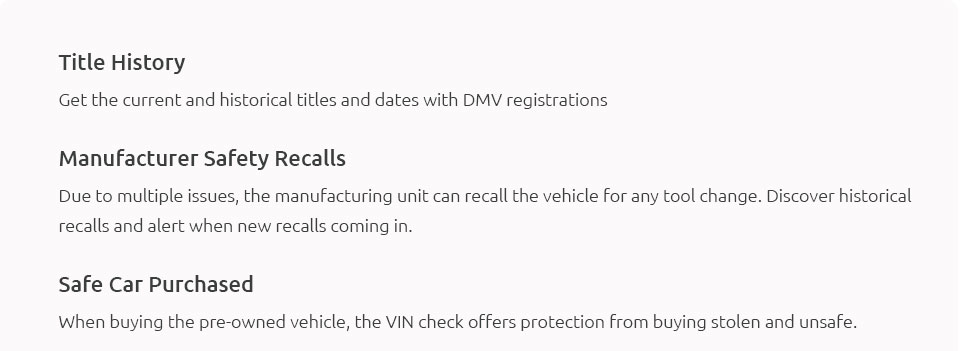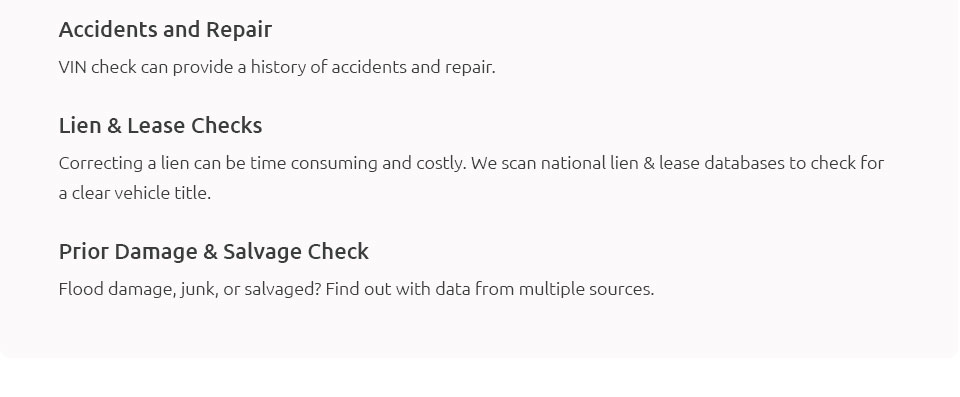 |
 |
 |
||
 |
 |
|
 |
||
 |
 |
 |
 |
||
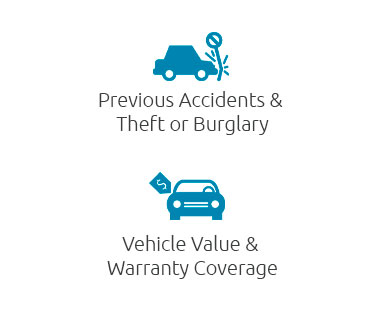 |
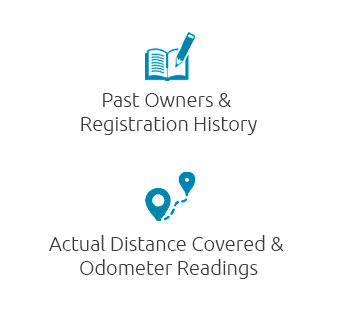 |
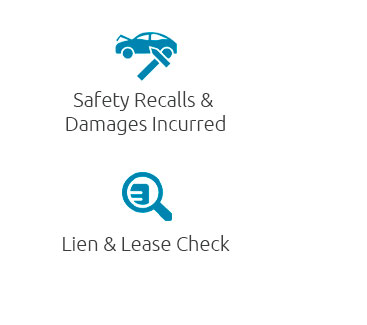 |
 |
 |
||||
|
||||
 |
The Comprehensive Guide to Understanding Your Vehicle Title NumberIn the vast and sometimes bewildering world of vehicle ownership, understanding your vehicle title number can often feel like deciphering a secret code. But fear not, as we embark on this journey to unravel the mysteries behind this crucial element of vehicle documentation, it’s important to recognize its significance in the realm of automobiles. The vehicle title number, a unique identifier assigned to your car's title, plays an integral role in establishing and transferring ownership, much like a birth certificate does for a person. Yet, despite its importance, many vehicle owners find themselves puzzled by its purpose and function. So, what exactly is a vehicle title number, and why should you care about it? Allow me to elucidate. To start with, the vehicle title itself is a legal document issued by the Department of Motor Vehicles (DMV) or equivalent agency in your jurisdiction, and it serves as proof of ownership. Within this document lies the vehicle title number, a distinct sequence of characters that ensures your car is distinguishable from all others. Much like a fingerprint, this number is unique to your vehicle's title and is used for tracking and administrative purposes. Imagine it as your vehicle's social security number. This number is crucial when selling, buying, or registering a vehicle, as it helps prevent fraud and ensures the legitimacy of transactions. When you first purchase a vehicle, whether new or used, the title number becomes an essential piece of information. It’s often required for various processes, from registering your vehicle with the DMV to securing auto insurance. When selling your car, the buyer will need this number to transfer the title into their name, solidifying the change of ownership. Similarly, if you're purchasing a vehicle, verifying the title number can protect you from potential scams, such as purchasing a stolen vehicle or one with undisclosed liens.
In conclusion, while it may seem like just another number in the sea of vehicle-related paperwork, your vehicle title number holds considerable weight in the world of car ownership. Its role in verifying and transferring ownership makes it indispensable, and understanding its function can help demystify many processes associated with your vehicle. Next time you glance at your vehicle's title, you’ll know that those seemingly random digits represent much more than they appear. Embrace this knowledge and approach your vehicular endeavors with newfound confidence, armed with the understanding of what your vehicle title number truly signifies. https://www.carparts.com/blog/where-can-you-find-your-car-title-number/?srsltid=AfmBOopz3mruGUJtACgkUHYhS22iq-7Y8U1aVBHTu5yL4lKKVupgz7pY
You can find your car title number from these sources: your car certificate of title, vehicle registration and renewal documents, or in your local DMV. https://www.youtube.com/watch?v=mmMXo4YSfPs
Where To Find The Title Number For Vehicle Registration? Welcome to our latest video where we unravel the mystery of the vehicle title ... https://www.youtube.com/watch?v=NZcdPD2Wa48
that unique number on your vehicle registration? In this enlightening video, we demystify the concept of the title number for vehicle ...
|

